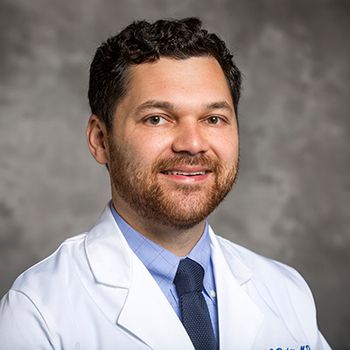
- ONCOLOGY Vol 15 No 5
- Volume 15
- Issue 5
Comprehensive Breast Cancer Website
Breast Cancer On-Line (BCO) at www.bco.org is a multidisciplinary website based in the United Kingdom that may be useful to practicing oncologists, nurses, and scientists working in the field of oncology. The editor-in-chief is John Robertson,
Breast Cancer On-Line (BCO) at
Supported by an educational grant from AstraZeneca, BCO iscomprehensive and regularly updated. Among its features are interactive modulesthat contain a number of excellent resources. For example, Journal Club offersrecent articles by both clinicians and scientists, accompanied by criticalreviews. Journal Watch is a monthly update of articles relevant to breast cancercare.
Expert Opinion invites readers to submit clinical cases forexpert comment and reader feedback as well. The Focus On department providestimely, concise, and referenced reviews of current topics (such as pain in thebreast cancer patient) and also invites reader feedback.
Educational Modules
The website’s educational modules include a multiple-chapterNurse Education section dedicated to nurses in cancer care and a fully archivedCase Studies section that allows readers to consider interesting clinical cases.These areas are informative and allow professionals to test their knowledge andreceive quick feedback. Further opportunities for self-assessment are providedin the Visual Library section, a unique array of radiologic and histopathologicimages based on various clinical themes.
Other useful features include a conference calendar and avariety of conference reports, which summarize the major findings presented athalf a dozen major oncology meetings. The report on the Miami Breast CancerConference, for example, contains "quick takes" of major pointsemphasized at the meeting. The Breast Cancer News section contains a year’sworth of highlights.
Links to Other Resources
A larger database can be accessed through the Informationsection. In fact, the reader has access to Medline, Grateful Med, PDQ, and ahost of cancer resources, including several cancer journals, some of whichcontain full text. Lastly, there are numerous links to online cancer sites, bothfor professionals and consumers, with quick access.
Articles in this issue
almost 25 years ago
Current Therapy in Cancer, Second Editionalmost 25 years ago
Health-Related Quality of Life in Cancer Clinical Trialsalmost 25 years ago
Paroxetine Reduces Distress Associated With Cancer Treatmentalmost 25 years ago
Another Attempt to Rein in Medicarealmost 25 years ago
Tamoxifen for Breast Cancer Prevention Has No Heart-Related Effectsalmost 25 years ago
Exercise Benefits Patients Being Treated for Early-Stage Breast Canceralmost 25 years ago
Smoking Cessation Legislationalmost 25 years ago
Transplant Registries: Guiding Clinical Decisions and Improving Outcomesalmost 25 years ago
New Approaches in the Management of Breast CancerNewsletter
Stay up to date on recent advances in the multidisciplinary approach to cancer.
Related Content



Navigating Hypofractionation, ADCs, and AI in Modern Radiation Oncology










































